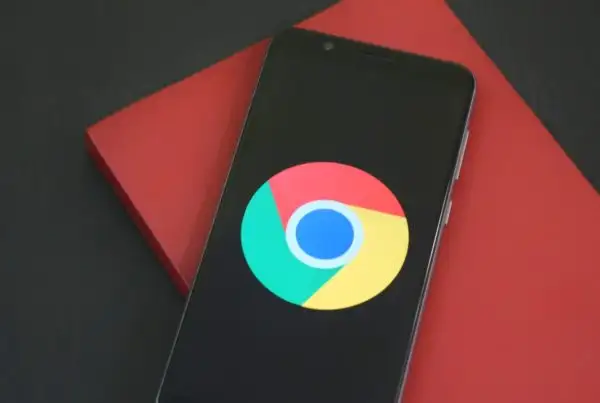U.S. authorities have finally decided to do what many felt was long overdue. They are making it compulsory for bloggers to disclose that they are receiving remuneration in cash or kind for reviewing any product.
The Federal Trade Commission (FTC) has laid down new guidelines which will come into effect from December 1 2009. These guidelines are being revised after nearly 30 years during which the world has obviously undergone a sea change.
Until now it had not been necessary for bloggers to reveal that they were being paid to reveal their views on a product. This is now about to change and the policy will include celebrities as well as research firms, and popular social media sites such as Twitter and Facebook etc.
The penalty for flouting this rule could be as high as $11,000 per violation.
With consumers increasingly depending on the internet for purchase information, various consumer groups have been demanding such a policy. According to Jack Gillis of the Consumers Federation of America, unless this connection between bloggers and the company is disclosed, consumers can get mislead.
The guidelines , do not however lay down any rules about how this disclosure is to be made. That has been left to the parties concerned, as long as it is clearly mentioned.
The FTC has stated that “bloggers who make an endorsement, must disclose the material connections they share with the seller of the product or service.
Some of the inducements received by bloggers in the past range from an evening of pampering with manicures, pedicures etc. by Proctor and Gamble, Acer Laptops from Microsoft in 2006, and the use of a Ford car for 1 year.
These new guidelines have generated mixed results. While some bloggers are in favour of such legislation, others have criticized it as being misguided, foolish and even dangerous.
Internet giant Google has reacted quickly to this change, to ensure that they don’t get into any trouble with the authorities or become a scapegoat to set an example to other publishers and advertisers.
Google already label most of their ads with an ‘Ads by Google’ tag. In the future they will overlay an “i” icon in the bottom right corner of rich media ads, which currently don’t include the usual proclaimation. This icon will expand to read “Ads by Google” when the user hovers over it and link to a page providing more information about Google’s advertising practices.








